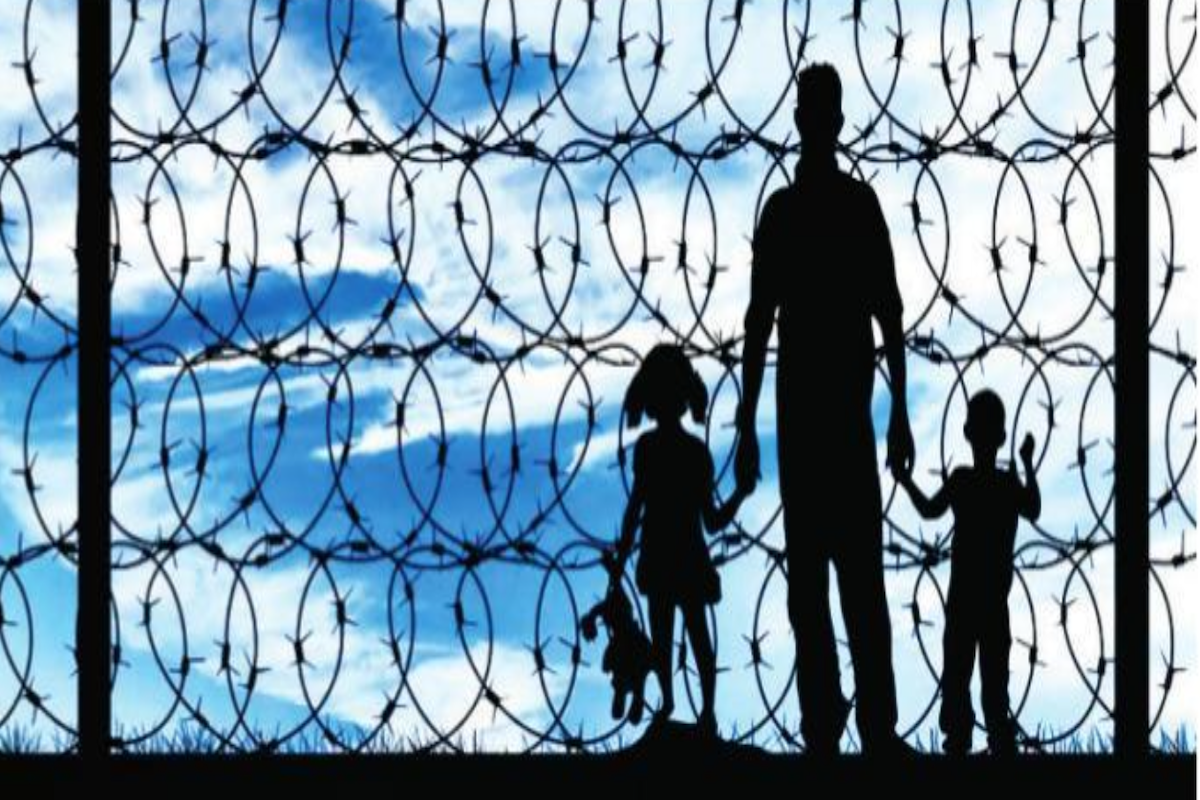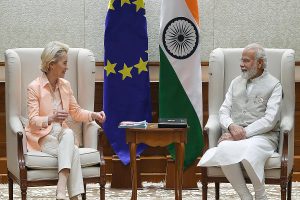World Refugee Day is celebrated every year on June 20 to draw attention to the plight of refugees and to honour their struggles and heroism. As well as focusing on the rights, needs, dreams and aspirations of refugees, World Refugee Day also seeks to mobilise both public opinion and political will to assist refugees not just in surviving troubled times but also in thriving in their adopted homes. This year’s overarching theme espouses the right to seek safety as a basic human right.
The right to seek safety is predicated on the notion that refugees should be welcome wherever they come from, and wherever they are forced to flee they should be entitled to safety and protection. According to UN estimates, 79.5 million people were forcibly displaced in 2019, 26 million of them refugees. However, a large portion of the refugee population is clustered mainly in the developing world: nine out of the top 10 refugee-receiving countries are part of the developing world, with the sole exception of Sweden.
Advertisement
This clearly reflects the uneven distribution of the refugee burden and the hypocrisy of the developed world that is reluctant to help people in need despite their vast resources and their role in creating the circumstances for the displacement of such a large number of families from their homelands. Moreover, in view of the exposed hypocrisy of the West in their contrasting treatment of Ukrainians and Afghans, this year’s theme for World Refugee Day assumes even greater significance.
While Europe has laid out the welcome mat for fleeing Ukrainians, the Afghans and those from other undesirable countries it has proved to be an impenetrable fortress. Many commentators have noted the stark contrast between the sympathetic media coverage of Ukrainian refugees with the pejorative portrayal of people from other conflict-ridden countries such as Syria and Afghanistan. Political pundits were also quick to detect racial undertones in the ensuing coverage, with Western reporters openly describing Ukrainian refugees as “one of them”. This approach has also been reflected in the European countries’ openness and willingness to help displaced Ukrainians. The UK government, for example, is encouraging British families to take in Ukrainian refugees in return for cash, while its home office has introduced a new controversial scheme to repatriate all asylum seekers reaching Britain through the English Channel. Meanwhile, Ukrainian refugees are being welcomed into the EU for three years with no restrictions on work, while the region works to close its borders and tighten its asylum policies reserved for refugees
arriving from other regions. Like the UK, some European countries are also actively deporting refugees and asylum seekers, but at the same time welcoming Ukrainian refugees with open arms.
Meanwhile, closer to home, and reflecting the Ukrainian conflict, is our own Afghan refugee crisis. Pakistan has hosted Afghan refugees for over four decades while the Taliban takeover has predictably swelled the number of displaced people arriving at the country’s borders, despite the official policy of fencing the Durand Line and not welcoming new refugees from Afghanistan. However, despite this, open spaces in Islam abad are increasingly being occupied by refugees from Afghanistan. The West, initially interested in taking in a limited number of Afghan refugees, appears to have simply moved on to the Ukrainian refugee crisis where it has diverted the bulk of its funding and resources. While a large portion of the displaced Ukrainians is beginning to return to their country, this option, sadly, is not even available to a huge section of refugees stuck in the developing world.
Needless to say, these two-faced policies run counter to the spirit of this year’s Refugee Day’s key message of non-discriminatory and rights-based equal treatment of all refugees wherever they come from and wherever they flee from persecution or conflict. The right of refugees to access safe and protected spaces where they can thrive and flourish is at the heart of refugees’ rights and this year’s theme of allowing displaced people to seek safe pastures.
The Ukrainian crisis further reinforces the importance of non-discriminatory, fair and balanced asylum and immigration policies that treat all refugees equally irrespective of where they come from, what the pigment of their skin is, or what hierarchy of conflict they are fleeing from. Not just governments, though, the public too needs to rally behind the message of the right of equal access to safety for all to give a chance to people escaping hardship to thrive in their adopted homes.











